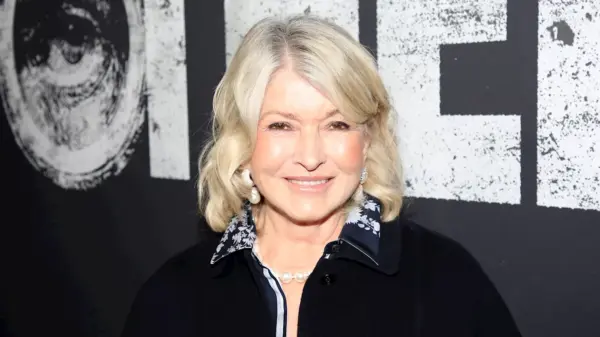A recent study led by Suzy Welch, a professor at New York University, highlights a significant shift in the value system of many Americans. The research indicates that personal well-being and self-expression have begun to surpass traditional family values in importance for a considerable portion of the population. This change could offer deeper insights into the cultural divides present in society today.
The findings reveal that approximately 65% of respondents now prioritize self-care and personal expression over familial obligations. Welch’s research, conducted throughout 2023, involved a diverse range of participants across various demographics, making the results particularly noteworthy. The shift suggests a transformation in societal priorities that may influence interpersonal relationships and community structures in the long term.
Welch emphasizes that this trend may stem from broader cultural influences. The hyper-connectivity of the digital age and the rise of individualism have positioned self-fulfillment as a critical component of personal identity. As people increasingly seek to express themselves authentically, family ties may sometimes diminish in significance.
Implications of Changing Values
The implications of these findings are profound. The prioritization of self-expression over family could explain certain cultural divides that extend beyond political affiliations. With individuals focusing more on personal happiness and less on family obligations, the dynamics within families may shift, leading to potential conflicts or a redefinition of familial roles.
Welch notes that this trend is not merely anecdotal. The data indicates a generational divide, with younger individuals more likely to emphasize self-care. Among those aged 18 to 34, nearly 75% reported placing self-expression and mental well-being above familial expectations. In contrast, older generations were more likely to maintain traditional views on family importance.
This generational difference highlights a potential challenge for family cohesion in the future. As younger individuals navigate their lives with a focus on personal fulfillment, the expectations placed upon them by older family members may lead to friction. The changing landscape of values could require families to adapt and find new ways to connect meaningfully.
Societal Reflections
The results of Welch’s study provoke reflection on the evolving nature of American identity. As self-care movements gain momentum and mental health awareness rises, the shift in values appears indicative of a broader cultural transformation. The research invites discussion on how society can support both individual needs and familial relationships.
Furthermore, this trend highlights an essential aspect of modern life: the balance between personal fulfillment and community responsibility. While self-expression is crucial for personal identity, the importance of family as a support system cannot be overlooked. Finding common ground may be vital for fostering healthy relationships in a rapidly changing cultural landscape.
In conclusion, the research conducted by Suzy Welch at New York University reveals a significant shift in American values, focusing on self-care and self-expression over family. As these trends continue to evolve, it is essential for individuals and families to navigate this new terrain thoughtfully, seeking harmony between personal aspirations and familial connections.








































































